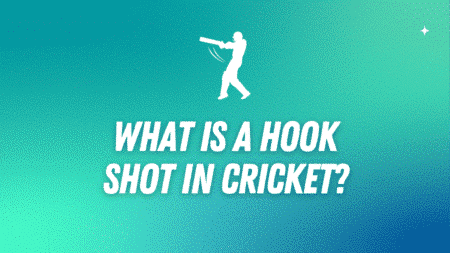

A cricket team of eleven consists of batters, bowlers, and all-rounders. Among the batters, one of the players is also designated by the letters ‘WK’, meaning, wicket-keeper. This is a player who stands behind the stumps of the strike batter to receive or catch the ball, inflict run-outs and stumpings, and guide the bowlers in field placement and make decisions on leg-before wicket dismissals.
Such is the importance of a wicket-keeper that only he or she can wear leg pads and gloves from the fielding side. It is an arduous role wherein the player has to be extremely fit and athletic to perform the roles he or she is tasked with. Usually, the playing eleven of a team will have five specialist bowlers. It is a rare event to witness if a side is deficit of a bowler to the extent that the wicket-keeper is brought on to bowl.
Though a wicket-keeper can bowl, preference is given to the specialist batters, some of whom may bowl decently. These are called part-time bowlers. But if part-time bowlers too seem to be ineffective, then the wicket-keeper might be called in to bowl. A wicket-keeper too falls under the bracket of part-time bowlers.
There is no law in the rulebook of cricket that prohibits wicket-keepers from bowling. Between 1884 and 2019, several players who were designated as wicket-keepers have bowled in an international match across all formats. These players are Alfred Lyttelton, Bill Storer, Clyde Walcott, Dick Likely, Imtiaz Ahmed, Frank Mooney, Jim Parks, Warren Lees, Wasim Bari, Taslim Arif, Bob Taylor, Syed Kirmani, Rod Marsh, Ian Smith, Kiran More, Rashid Latif, Hashan Tilakartane, Ajay Ratra, Mark Boucher, Tatenda Taibu, MS Dhoni, Devon Thomas, Matthew Wade, AB de villiers, Sarfaraz Ahmed, Mohd Shafiqul Haque, Reception Ulutana, and Arif Kamal.








